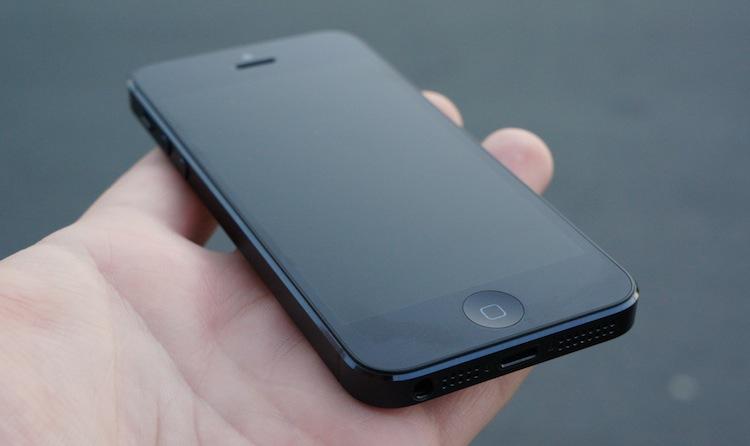
In today’s emerging mobile markets, budget smartphones are gaining popularity at an alarming rate. As we get closer to an age where affordable, efficient, and functional are all adjectives we use to describe phones, we have all the reason to wonder what took manufacturers so long to release them in the first place. We have seen HTC, LG, Samsung, and Sony invest resources in bringing affordable smartphones to emerging markets, so where is everyone else?
Granted, not all of these manufacturers had as many juicy rumors floating around at the time of their respective releases. In fact, we probably wouldn’t even be talking about a budget device unless it was something we actually wanted.
Now, out of the left corner, hailing from Cupertino … some would call it the fruit of their loins, others might call it the white one with Wi-Fis. But I simply call it the iPhone.
The latest manufacturer to succumb to rumors of a cheap alternative is none other than the most valuable company in the history of companies: Apple. Unfortunately for Apple, putting words like “budget” and “emerging markets” in the same sentence was not well received despite no official word of such a device even existing at the Cupertino camp.
Most recently, Phil Schiller had to calm Apple’s investors down after the Shanghai Evening News reported that Apple would develop a “cheaper” smartphone for the sake of expanding its market share. This did not sit well at all in Cupertino, or on the NYSE trading floor.
I’d have to side with Schiller and agree that the quote issued by the Chinese source was not the way to announce Apple’s Unicorn device. Though I’m a fan of the Rumor Dog’s work, I’m less than inclined to believe that any device should be announced the way it was. The quote edited by the same Chinese source reads, “We focus on making ‘the best products’ for customers and never blindly pursue market share.”
Not off to a great start then, are we lads?
Despite the rumors, we are still left with the typical interview questions like: “How will Apple be able to market a device as anything less than premium?”, “Why has it taken so long for Apple to acknowledge emerging markets and their desire for a budget alternative to Apple’s hero device?” and “What sort of features would Apple be willing to sacrifice to bring costs down and please investors, but not at the expense of marketability, or quality?”
And that’s what I’d like to talk to you about, Mr. and Mrs. Reader. What sort of features can the iPhone do without, if any at all?
Before I list the current features Apple is marketing with their latest flagship, here is the tagline on the iPhone homepage: “So much more than before. And so much less, too.” The word ‘less’ is obviously focused on the slim and svelte 7.6mm chassis that’s housing all of that fruity goodness, but in the context of this article, it’s too ironic not to mention.
On Apple's iPhone landing page, you will find the new iPhone hosts a bevy of new features, such as:
The image above is a breakdown of research performed by iSuppi in the breakdown of individual components. (Click to enlarge.) And below are some of my ideas to save costs on a budget iPhone and deliver a product that won’t make investors writhe in agony:
That’s all I’d be comfortable recommending to Apple considering their brand image, business strategy, and marketing ploy. I believe costs could come down anywhere between $5-$35 per device, but obviously I don’t know anything about Apple’s current supply chain and that could be a conservative estimate. I just know they’ve managed to keep their profit margin at 68% and higher for the past two years, so I don’t think reducing it would keep anyone awake at night. In fact, people might sleep better if everyone had iPhones with Do Not Disturb at their bedside.
So, explain yourself, reader, and get comfortable, because this is no easy situation for the partially-bitten fruit company. Lets talk through it.
If you had you a say in the matter, what would you recommend Apple do with its marketing strategy for the iPhone 5’s thrifty brother? What features would you axe? Do you think Apple will stay above $500 per share if it releases a cheap iPhone, or do you think it’s game over if they do? If you don’t think Apple can get out of this situation without tarnishing its reputation, that’s understandable, but please tell me why in the comments below! Don’t forget to mention how much you think it will cost us consumers as well!
Image via iSuppli